• Singapore
Education System in Singapore
5087 Reads
3 min Read
- The education system of Singapore is centralized, the Ministry of Education regulates education at all levels.
- The system considers hard skills as important as soft and artistic skills.
- International students can study at institutes in Singapore at any level.
Singapore, also known as the "Lion City," has one of the most holistic and innovative education systems in the world. The Organization for Economic Cooperation and Development (OECD) consistently ranks it amongst the highest in the world. Such trends indicate a style that emphasizes a thorough understanding of the curriculum without compromising the joy of learning.
How is the Education System in Singapore?
What is the Level of Education in Singapore?
| Level of Education | Age | Duration | Institutes |
| Preschool Education | 3-6 Years | 2 years or more | Privately run childcare centres and kindergartens licensed by Early Childhood Development Agency (ECDA) |
| Primary Education | 7-12 years | 4-6 years | Government-funded or government-aided schools |
| Secondary Education | 13-18 years | 6 years | Government-funded, government-autonomous or independently run schools |
| Post-secondary Education | 18-22 years | 1-6 years | Publicly and privately funded colleges, polytechnics, technical education institutes, arts institutes and universities |
Post-Secondary Education in Singapore
| Type of Institute | Programs Offered |
| Junior Colleges or Centralized Institute | 2 & 3-year programs, pre-university level, and programs lead to the GCE - A Level Examination. Students can join universities and the National Institute of Education to complete a program. |
| Polytechnics |
|
| Institute of Technical Education (ITE) | Full-time technical programs with optional traineeship programs for skills certification conducted by companies and ITE. Students who perform well can join polytechnics for diploma studies. |
| Arts Institutions | Diploma programs are offered in visual and performing arts, such as music, theatre, dance, interior design, and fashion design. |
| Universities | Undergraduate and graduate degree programs in arts, social sciences, engineering, business, computing, dentistry, design, law, medicine, music, science and more |
List of Top Universities in Singapore
| Amity Global Institute | Nanyang Institute of Management |
| Curtin Singapore | Raffles Design Institutes |
| Dimensions International College | Raffles Education Corp College |
| James Cook University | Raffles Merchandising Institute |
| Kaplan Higher Education Academy | SP Jain School of Global Management |
| London School of Business and Finance Singapore |
Benefits of Education System in Singapore
- Primary and secondary education offers diverse and rich learning experiences for students by integrating social, aesthetic, emotional and moral facets.
- Students are encouraged to develop their artistic, sports abilities, and musical skills.
- The system is designed to equip students with 21st-century skills, such as critical thinking, problem-solving, communication, and more.
- The system allows students to find their interests and choose their path in a formalised manner.
- Education providers play a crucial role, and their training is considered as crucial.
- The variety of programs offered at institutes makes the country a hotspot for education for students from other countries as well.
How to Study in Singapore?
| Program Level | Requirements |
| Undergraduate level | Student must have completed or will be completing high school and have 12 years of general education; must have the required level of English language proficiency (if required) |
| Postgraduate level | Students must have an internationally recognised bachelor’s degree and proof of language proficiency if required |
The steps to apply to institutes for higher education are listed below:
- Research the institutes and programs you want to study in Singapore or talk to expert international education consultants.
- Check academic, language-related and other eligibility requirements.
- Apply to multiple institutes to improve your chances of admission.
Conclusion
The education system of Singapore, like its many other systems, is a model of excellence. It is designed for holistic development and to instil vigour of lifelong learning in individuals. The system’s adaptability and progressive initiatives keep it at the forefront of educational excellence, which also prepares graduates to thrive in the global professional world. For admission to polytechnics, junior colleges and universities, students have to meet the academic, language and other eligibility requirements. For more information on institutes, programs and admission procedures, connect with study abroad consultants at Canam.
FAQ
Studying in the Lion City (Singapore) has the following benefits:
- Academic excellence
- Industry connections with Institutes
- Cultural diversity
- Safety of students
Get great articles direct to your inbox
The latest news, articles, and resources, sent straight to your inbox every month.
Popular Universities to Study Abroad
World class education waiting for you.

Heriot-Watt University - Scottish Borders Campus
Scotland, UK • 12 Programmes
Tuition Fee : GBP 15000-21000 / year
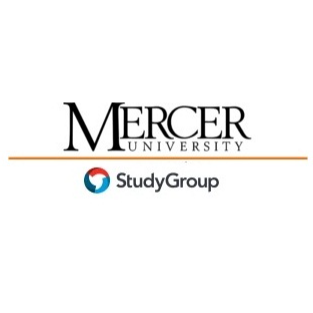
Study Group - Mercer University - Macon Campus
Georgia, USA • 9 Programmes
Tuition Fee : USD 0-0 / year
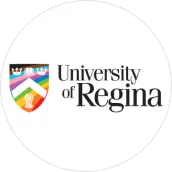
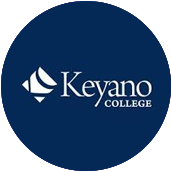
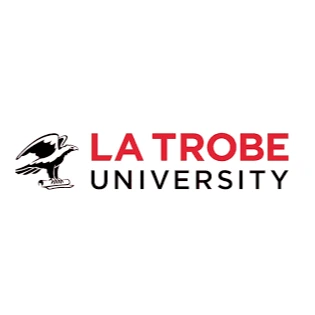
Navitas Group - La Trobe University - Sydney Campus
New South Wales, Australia • 15 Programmes
Tuition Fee : AUD 0-0 / year
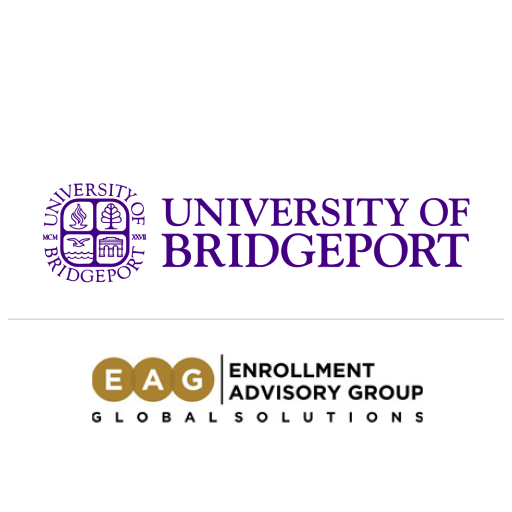
Enrollment Advisory Group - University of Bridgeport
Connecticut, USA • 38 Programmes
Tuition Fee : USD 32000-32500 / year
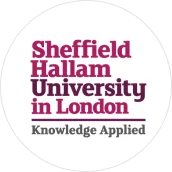
Sheffield Hallam University - City Campus
England, UK • 295 Programmes
Tuition Fee : GBP 13000-16000 / year
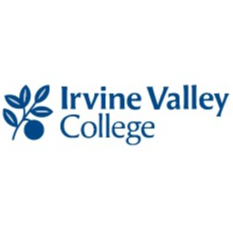
Popular English Language Proficiency Exams
Blogs and Articles
Curated content to keep you updated on the latest education trends, news and more.
Updated on • Jul 17,2025 05:33 PM IST • USA
PTE Accepted Universities in Australia
Updated on • Jul 17,2025 05:09 PM IST • PTE
Part-Time Jobs for International Students in Australia
Updated on • Jul 17,2025 03:44 PM IST • Australia
Updated on • Jul 12,2025 04:02 PM IST • USA
Updated on • Jul 11,2025 11:32 AM IST • Education
CPT vs OPT: Meaning, Difference, and How to Apply
Updated on • Jul 11,2025 10:40 AM IST • USA
Masters in Computer Science in UK: Top Colleges, Eligibility, Scholarships
Updated on • Jul 10,2025 11:29 AM IST • study in the UK
Highest Paying Jobs in the World
Updated on • Jul 08,2025 01:40 PM IST • Study Abroad
MBA in Australia for Indian Students: Best Universities, Requirements, Scholarship, Courses, Jobs
Updated on • Jul 08,2025 01:35 PM IST • Australia
Canada vs Australia: Which Country is Better for Indian Students in 2025?
Updated on • Jul 07,2025 12:46 PM IST • Education
France vs Germany: Which Is Better for International Students?
Updated on • Jun 30,2025 05:15 PM IST • Education
Top 10 Agricultural Universities in USA
Updated on • Jun 27,2025 05:25 PM IST • USA
Most In-Demand Future Careers in 2025
Updated on • Jun 26,2025 04:41 PM IST • Education
How Much Do Nurses Make in the U.S.?
Updated on • Jun 23,2025 03:59 PM IST • USA
Updated on • Jun 21,2025 02:00 PM IST • USA
MBA in UK: Universities, Eligibility, Types, and Career Opportunities
Updated on • Jun 19,2025 04:09 PM IST • UK • study in the UK
Scholarships in France for Indian Students
Updated on • May 29,2025 05:22 PM IST • France
Intakes in Dubai for Indian Students
Updated on • May 27,2025 03:34 PM IST • Study in Dubai
France Student Visa 2025 – Requirements, Fees, Checklist & Application Process
Updated on • May 23,2025 03:36 PM IST • France
MBA in France for Indian Students in 2025
Updated on • May 22,2025 05:35 PM IST • France
Related Blogs and Articles
A little effort to provide an authentic and reliable content for keen readers!!
Cost of Living in Singapore for Indian Students in 2025
Updated on • 22-03-2025 • Singapore
Part-time Jobs in Singapore for Indian Students
Updated on • 10-06-2024 • Singapore
What Makes Singapore a Hotspot for Studying Abroad
Updated on • 19-01-2024 • Singapore
Masters in Singapore for Indian students
Updated on • 28-07-2023 • Singapore
Reasons to Study MBA in Singapore
Updated on • 24-07-2023 • Singapore











